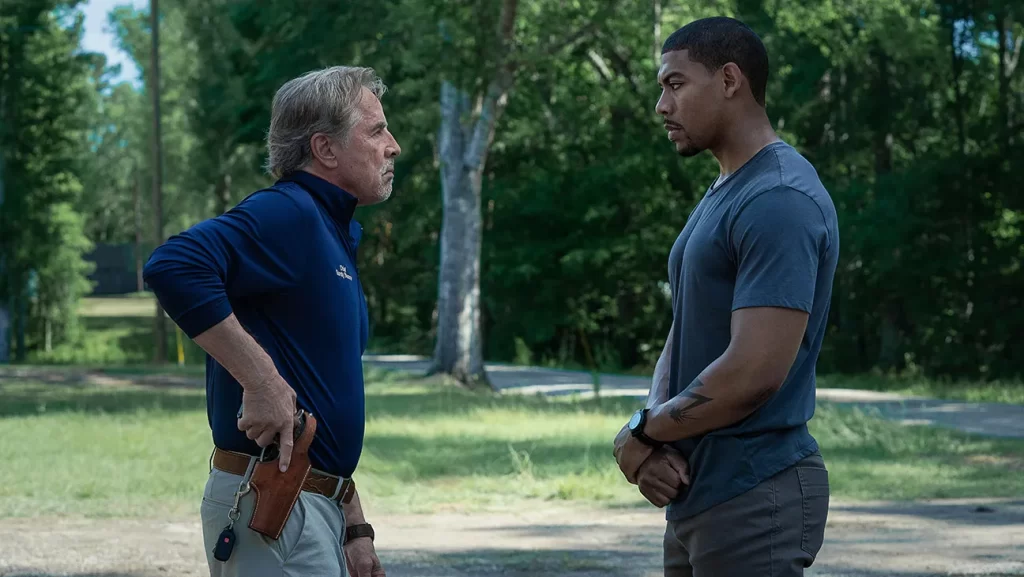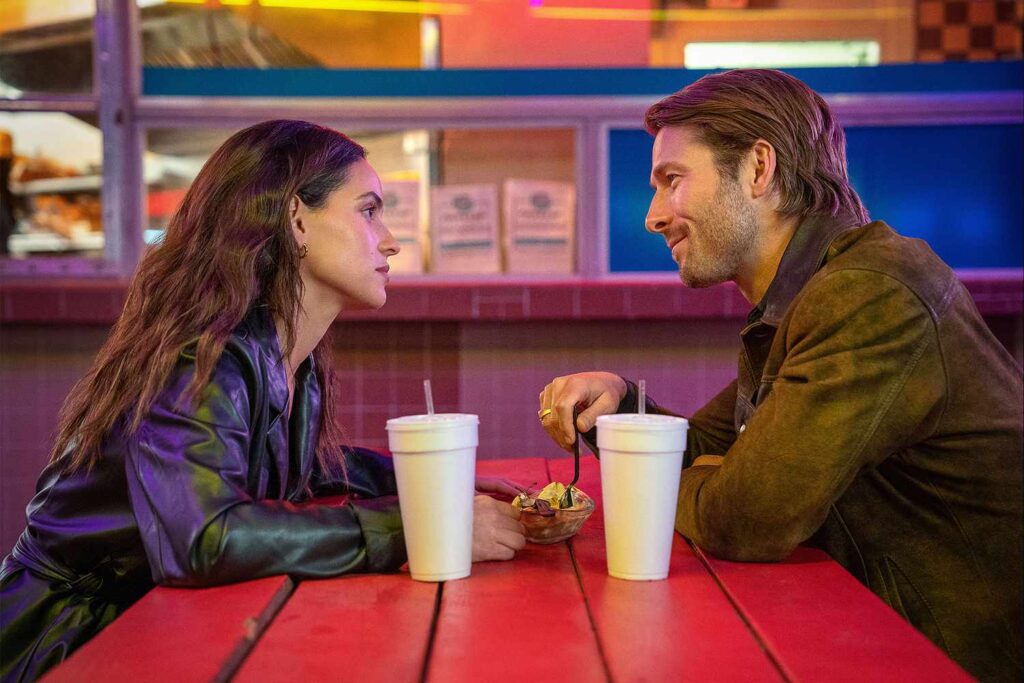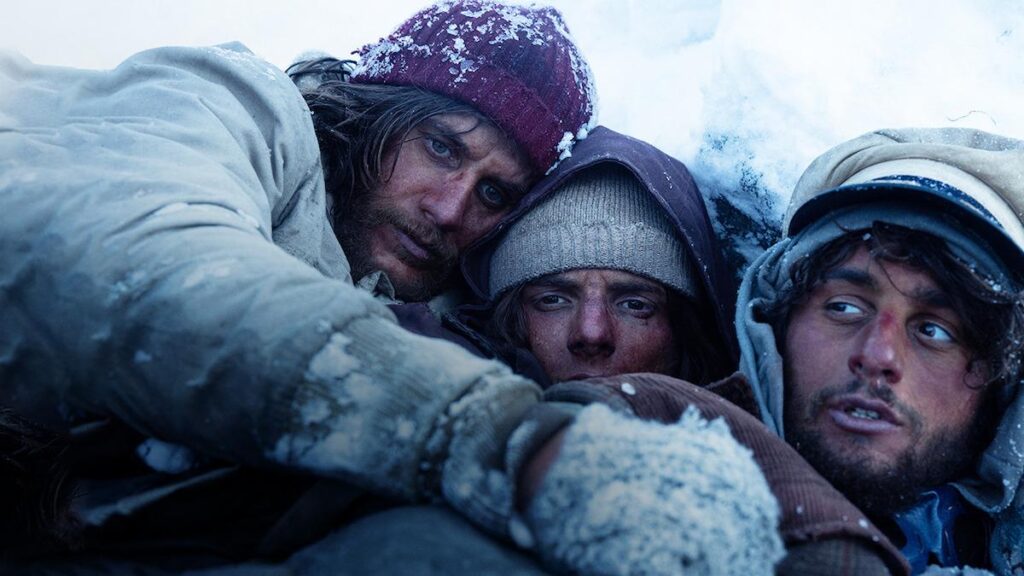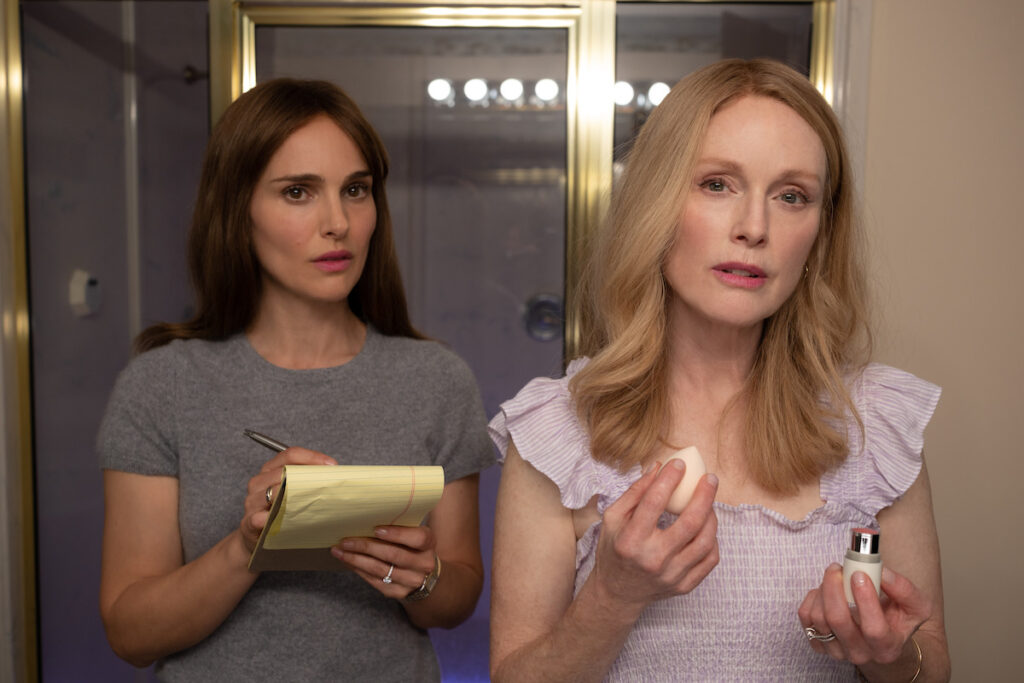Wolfs: Spurn After Reading
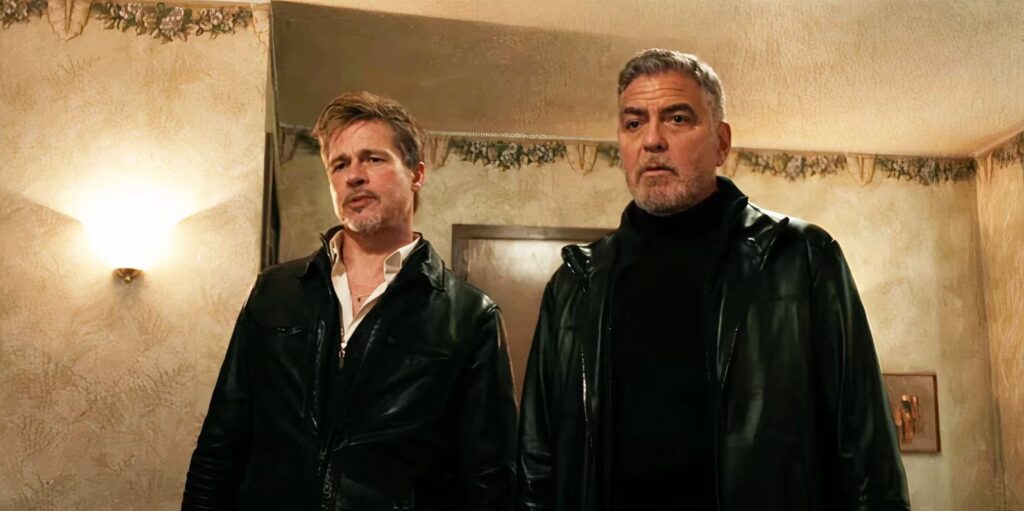
The first time we hear George Clooney’s voice in Wolfs, he’s on the other end of the phone, speaking in a clipped, measured tone that instantly conveys a sense of authority. A woman (Amy Ryan) has gotten herself into a spot of trouble—there’s a half-naked dead man in her hotel room, though he’s definitely “not a prostitute”—and she’s calling the mysterious number that somebody once gave her for existential emergencies. The man who answers is cool, confident, reassuring—the best in the business. When he arrives in person, hands shielded in blue latex gloves and ready to make her problem magically disappear, he insists that she’s found the right guy: “There’s nobody who can do what I do.”
The central joke of Wolfs is that exactly one other person can do what he does—and that person is played by Brad Pitt. It’s been 16 years since one of Hollywood’s most glamorous bromances shared the screen, when (spoiler alert) Clooney blasted a hole in Pitt’s head midway through Burn After Reading. Since then, they’ve both had solid careers independently—securing Oscar nominations (Up in the Air and The Descendants for Clooney, Moneyball and Once Upon a Time in Hollywood for Pitt), headlining hits (Gravity and Ticket to Paradise, World War Z and Bullet Train), and appearing in a range of original pictures (Tomorrowland and Hail Caesar, Ad Astra and Babylon) that managed to exist outside the industry’s perpetual franchise machine. The promise of Wolfs is that it reunites these two A-listers—among the last vestiges of a bygone era when the audience’s level of interest in a new movie was directly correlated to the names on the marquee—and allows them to reignite the chic chemistry that once powered the Ocean’s films. Read More

